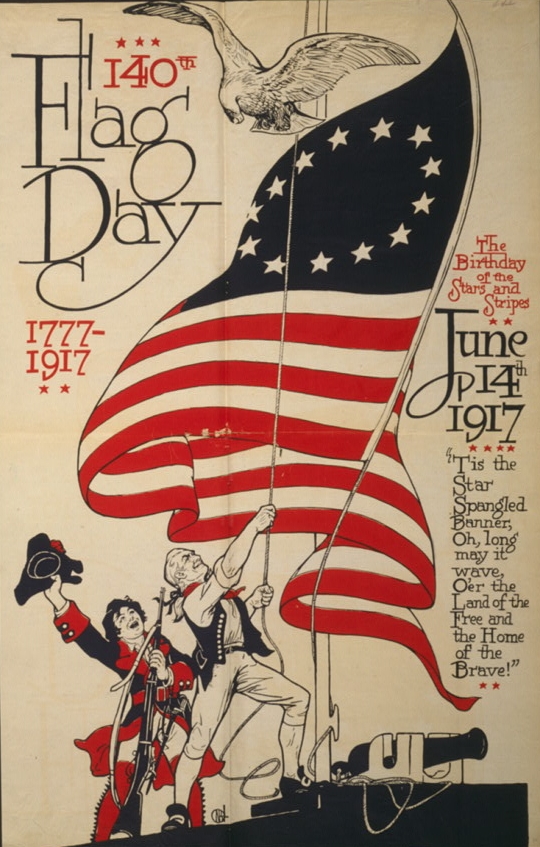 As a citizen of
a country getting ready to celebrate the 240th anniversary of its
independence, I think it bears stopping to reflect on exactly what that means
... and where we came from.
As a citizen of
a country getting ready to celebrate the 240th anniversary of its
independence, I think it bears stopping to reflect on exactly what that means
... and where we came from.
While researching for my piece on the famed Kentucky rifle, I was also reading
a bit on the history of warfare, and the two converged in some strange ways in
my brain.
Here at Colonial Quills we
celebrate not just the material history of the colonial American era, but also
the spiritual legacy. Entangled with both is a political and sociological
legacy that moderns are made to feel increasingly ashamed of because of
the apparent social and cultural inequities of the time. Even the term
“colonial” has been turned into a Bad Word, as the evils of European
Colonialism are discussed everywhere.
What is colonialism, and why did
it happen? Since nearly every empire in history made a name for itself by
claiming lands that weren’t originally theirs, it’s unfair to lay all the blame
for modern woes at Europe’s door. And people groups in general have migrated
here and there almost since time began.
Over the centuries, people ventured
here for diverse reasons. Some came seeking profit, but just as many came
because they felt they had few other options, or were brought here against
their will. Various efforts have been made, at least as we can extrapolate from
our own recorded history (recorded in English, that is), by those who settled
here to at least attempt to get along with native peoples. Sometimes the natives
were amenable (even when they possibly shouldn’t have been) and sometimes they
weren’t.
 |
| Athens and her fellow Greek city-states were constantly trying to annex each other |
By the time America declared its
independence from Britain, the Crown was attempting to contain westward expansion. I’ve
mentioned before how the overmountain settlements—anything west of the Appalachian
Mountains—were essentially illegal under both the British and Continental
governments. Jefferson is credited as the president who most aggressively
pursued westward expansion, with the Lewis and Clark Expedition and the
Louisiana Purchase, but it can be argued that settlement across the American
continent was as much an individual endeavor, or that of family groups, as it
was a governmental enterprise.
Other issues that came out of
America’s colonial heritage, such as the government’s treatment of the native
peoples, and that of slavery, can be addressed as separate from any particular
nation’s quest for supremacy, in my opinion. Others may disagree, but regardless,
I feel it’s time that popular culture stopped flailing us as Americans for something
that’s been a phenomenon of kings and governments since before Rome, Greece,
and the Mongols.
We may not have gotten here by superior
military might (it was more that we wore out Great Britain), and we may or may
not be here by the grace of God (although I’d argue we are), but ... we are
here. And as a republic, we are one of the most unique nations ever. Do we have
things to answer to God for as a nation? Of course. But we’ve also enjoyed a
great deal of blessing, all things considered.
And to quote a popular comic book series, With great power comes great
responsibility. May we rise to that, again!




